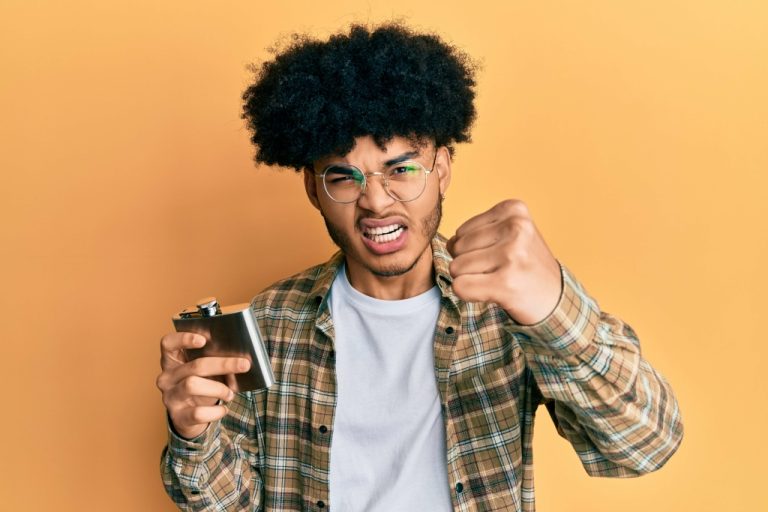But self-medicating like this is not just bad for your body, but it is also likely to make your mental health worse. Drinking out of boredom because you feel anxious is likely to make you feel worse because alcohol is a depressant, so if you are already feeling low, it makes those feelings more extreme. We go around on auto-pilot when it comes to certain patterns or behaviors.

Tracking your alcohol consumption can help you identify patterns and situations that lead to boredom drinking. By practicing self-awareness and reflection, you can develop healthier habits and coping mechanisms to replace boredom drinking. This will help you regain control of your life and improve both your mental and physical health. Many people struggle with drinking out of boredom, and even if they don’t particularly like alcohol or its effects.
Seeking Treatment
Any of these activities are natural mood lifters and a much better option than drinking to pass the time. This means that the activities you used to find enjoyable or rewarding (like hobbies, hanging out with friends, or even simple daily tasks) no longer provide the same level of satisfaction or happiness. If our body perceives a harmless situation as dangerous, we start to experience increased levels of stress and anxiety.
- Footprints to Recovery offers alcohol addiction treatment that’s evidence-based and personalized to your clinical needs, preferences, and life situation.
- According to one recent study, nearly one quarter of the people who receive a diagnosis of an alcohol use disorder report using alcohol to self-medicate their depression or anxiety.
- Drinking to relieve stress may veer into murky territory, if you feel that you must consume alcohol every day to de-stress.
If you’re worried that your solitary drinking is getting out of hand, the simplest thing to do would be to stop drinking alone. But simple doesn’t mean easy – and if you’re living with an alcohol use disorder, you might struggle to stop drinking on your own. But regularly drinking alone comes with countless other risks as well.
Where Else To Find Alcohol Mastery
By focusing on eating healthy, nourishing foods, you are actively working on reversing those symptoms. If nothing else, it starts to chip away at any notion you might have that you’re unworthy. When I was finished, it was like someone had hit the refresh button on my brain. I could go back and re-read what I wrote and approach it from the perspective of an outside observer. I could pour my heart out and every irrational thought onto the pages. I found myself planning little outings when I got sober because I needed to figure out what it meant to have fun again.
In this article, we’ll unpack bored drinking and help you figure out whether boredom is a drinking trigger. Then we’ll show you how to better manage boredom and avoid unhealthy drinking patterns. When you remove all alcohol and addictive substances from your home, you can experience the emotions and thoughts that lead to drinking out of boredom without acting on them in a way that puts you at risk. Anything to change up that routine of drinking out of boredom and make it harder for drinkers to find a place to get comfortable. While it doesn’t automatically indicate alcohol use disorder drinking out of boredom can expose users to the extensive list of short- and long-term health effects due to ongoing alcohol use.
Addiction Therapy Programs
That latter experience feeling like everything is gray and dull and lacks meaning? Dopamine is another neurotransmitter that is responsible for feelings of pleasure drinking out of boredom and happiness. It is also responsible for regulating movement and emotional response. Dopamine depletion can cause apathy, boredom, and lack of motivation.













